[ad_1]
Porsche is facing pressure on all sides in 2025
Porsche has delayed the launch of its all-electric versions of the 718 Boxster and Cayman for the second time over difficulties sourcing the models’ high-performance battery cells. In April, Porsche said drivers could expect the two electric vehicles (EVs) in 2026, but the automaker’s most recent delay pushes the release to at least 2027. The 718 pair’s postponed launch primarily centers around Swedish battery maker Northvolt’s bankruptcy late last year, which Porsche heavily relied on for high-energy-density cells in its electric sports cars. The Porsche Taycan EV, on the other hand, uses cells from LG Chem in South Korea.
Porsche previously announced plans to electrify 80% of its worldwide fleet by 2030. “Because the battery electric adoption is behind schedule, Porsche now has to develop additional combustion models on top of dealing with the costly delays in BEV ramp-up, as well as managing the weak situation in China and uncertainty around U.S. exports,” Fabio Hölscher, analyst at Warburg Research, said according to Automotive News.
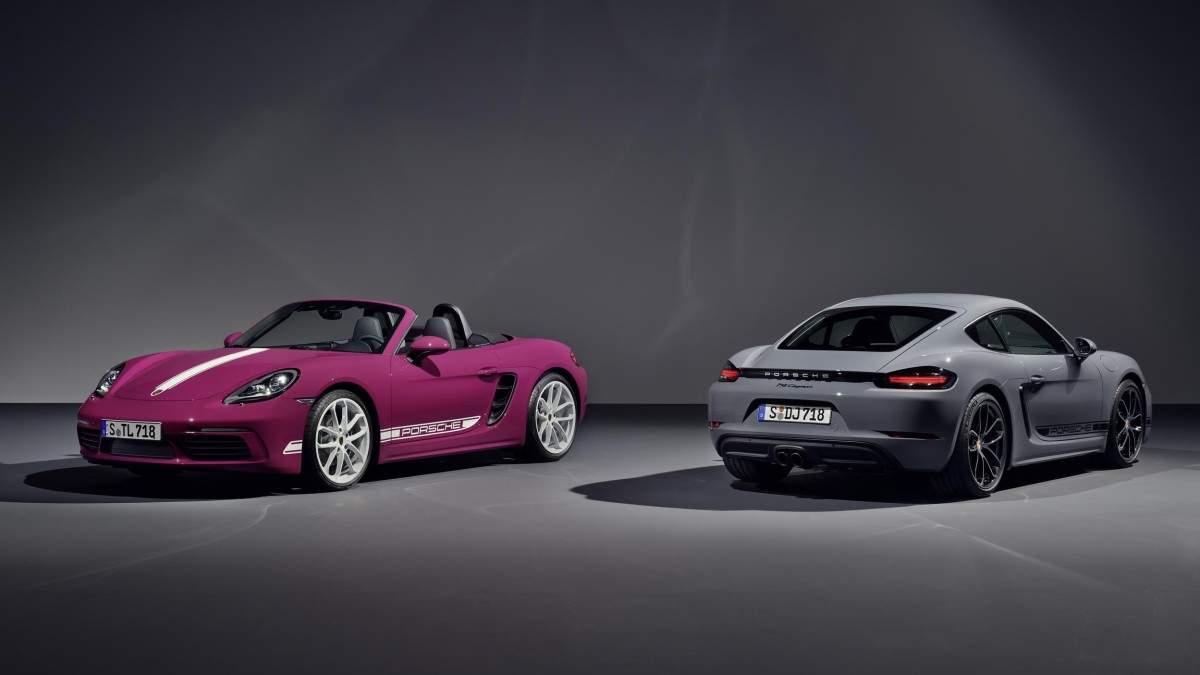
Porsche
Lower-than-expected EV demand also influenced Porsche’s decision to delay its 718 Boxster and Cayman. Porsche cut 1,900 research and manufacturing jobs across its main German facilities in February because of a lagging electromobility ramp-up. The automaker formed the Cellforce Group in June 2021 to develop and create battery cells, but steep competition from Chinese rivals hurt the company’s investment prospects for a production launch, according to Carscoops.
In mid-2024, Porsche pulled its gas-powered Boxster and Cayman from European markets due to cybersecurity regulations. Meeting the new regulations, which took effect July 1, 2024, would require Porsche to completely re-engineer the gas-powered 718 Boxster and Cayman late in their life cycle. However, limited-edition variants like the Cayman GT4 RS and Boxster RS are exempt from the regulations. Remaining sales of the 718 Boxster and Cayman in other markets will conclude at the end of 2025.
Porsche’s CEO faces investor doubts
Amid troubled EV development, declining sales in China, and U.S. export tariffs, Porsche’s CEO, Oliver Blume, also CEO of Porsche’s parent company, Volkswagen, is facing increased pressure from Volkswagen shareholders to focus on one company instead of both. Similarly, Tesla CEO Elon Musk has faced criticism for splitting his time between multiple companies and assuming the role of a special government employee. During Tesla’s Q1 results call last month, Musk stated he’d be reducing his time working with the Trump administration to prioritize Tesla. Blume noted that the decision to maintain or change his role as Volkswagen and Porsche CEO lay with each respective non-executive board of directors, Fortune reports.“It has been clear since the beginning that the dual role is not intended to last forever,” Blume said.
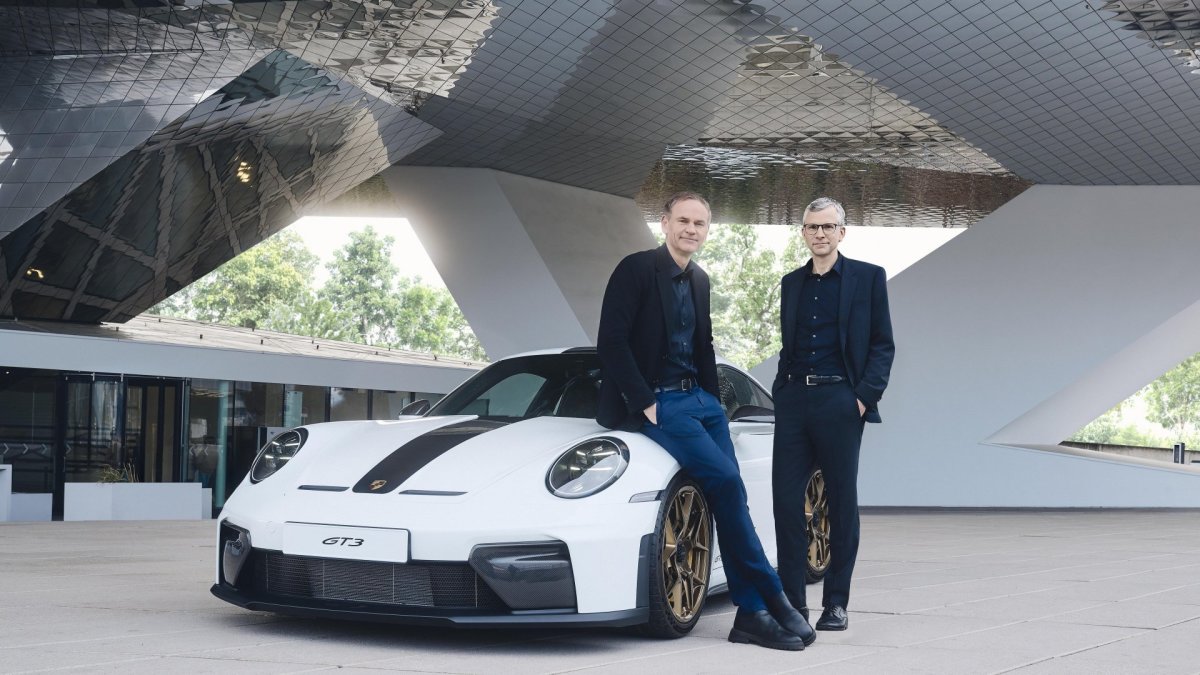
Porsche
Final thoughts
The significance of Porsche delaying the 718 Boxster and Cayman for a second time is underscored by its struggles against U.S. auto import tariffs. Porsche doesn’t have any manufacturing facilities in the U.S., and recently confirmed a few weeks ago that they have no plans to expand into the U.S., considering the company’s low sales figures, according to Reuters. The German automaker’s finance chief, Jochen Breckner, clarified that while Porsche hasn’t raised prices, it will if U.S. tariffs remain in place. Given that the Boxster and Cayman have served as entry-level models for Porsche’s lineup, the combination of a delay and raised prices won’t do their debut any favors.
[ad_2]


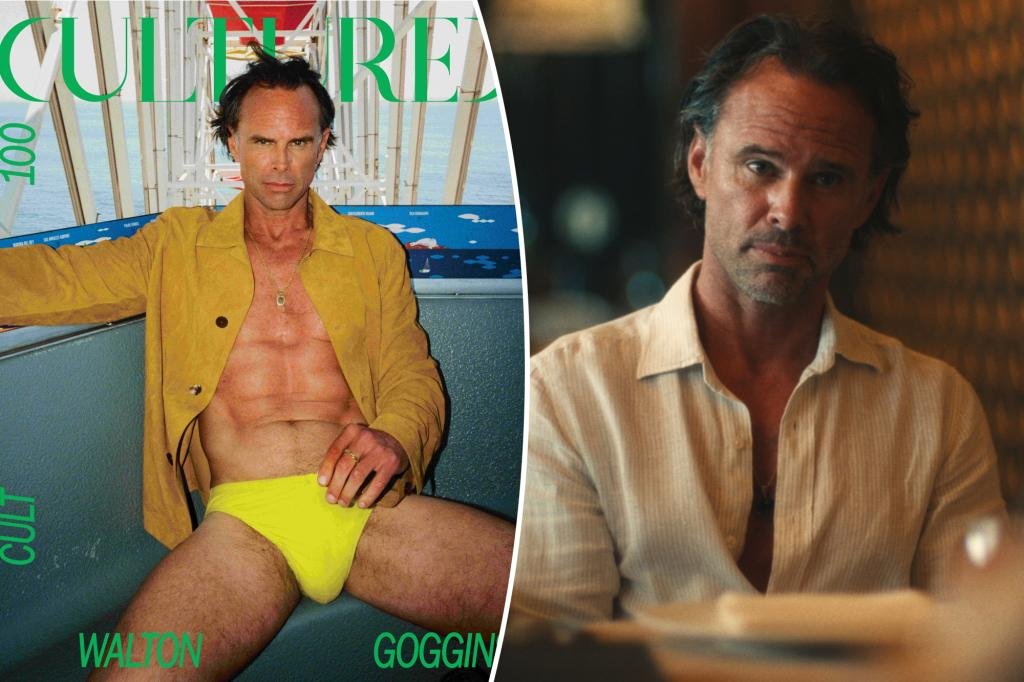

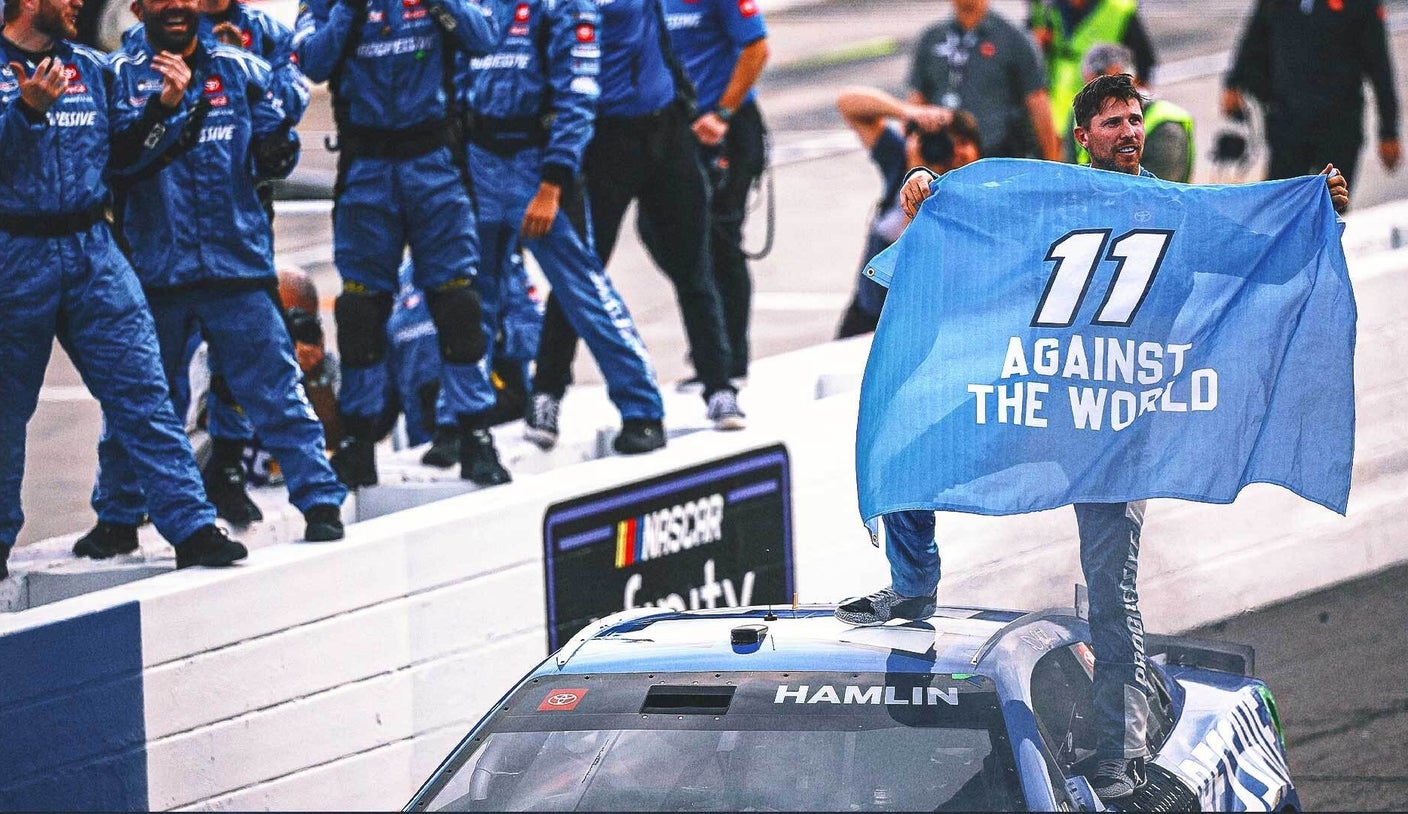
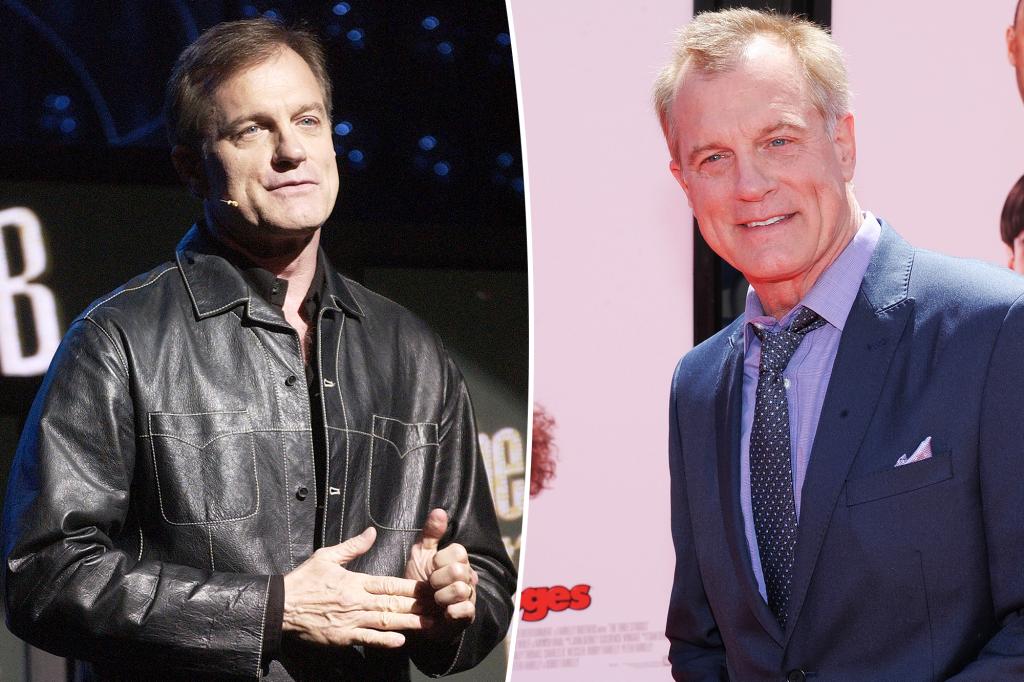



Leave a Reply